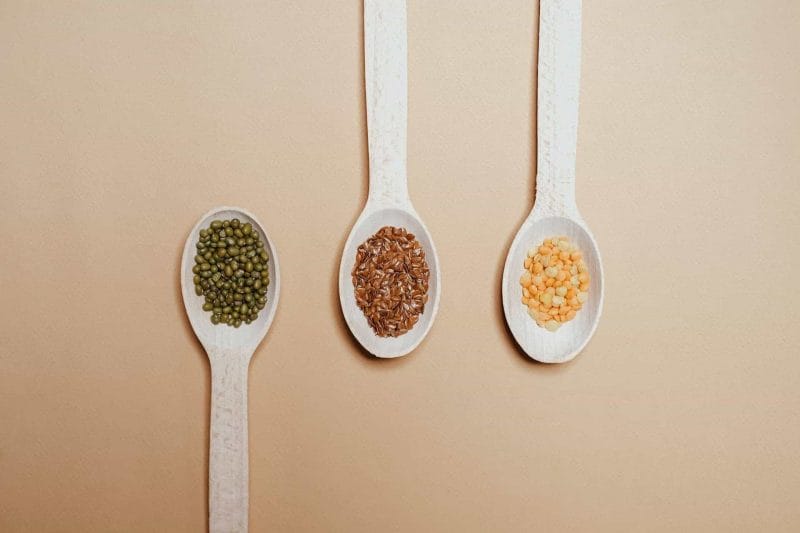
Not All Fiber Is Created Equal.
You can get the most bang for your buck by choosing which foods to include in your diet to experience all the benefits of dietary fiber.
If you experience constipation, food sensitivities, excessive gassiness or bloating, IBS, or diarrhea, it is helpful to know which type of fiber is best for you & your needs. In addition to keeping the gut healthy, fiber-rich foods also have added benefits like boosting mental health, strengthening the immune system, balancing blood sugar & cholesterol, appetite management, and improving cardiac health.
Dietary fiber is of 2 types – Soluble & Insoluble.
Soluble Fiber
Soluble fiber works by attracting water and transforming into a gel-like substance that helps move waste smoothly through both the small and large intestines. This type of fiber is particularly effective for relieving constipation caused by poor diet, pelvic floor tension, or low physical activity. It can also provide relief for those with hemorrhoids, making bowel movements more comfortable by softening the stool.
Studies have shown that soluble fiber supplements can be just as effective as laxatives in reducing constipation. Additionally, soluble fibers like guar gum and psyllium can help stabilize blood sugar and cholesterol levels.
You can find soluble fiber in foods such as beans, lentils, nuts, oat bran, barley, and a variety of fruits and vegetables, including apples, carrots, Brussels sprouts, avocados, sweet potatoes, and broccoli.
In our practice, we often recommend psyllium husk-based supplements like Metamucil to help manage both constipation and diarrhea symptoms.
Insoluble Fiber
This type of fiber acts like a filler material, helping food materials to pass easily through the bowel. It is recommended for those who have slow intestinal motility caused by a medical condition or medication side-effects. Insoluble fiber does not ferment in the gut and can be helpful for those who suffer from significant gassiness or bloating with foods. Due to it’s tendency to not absorb water, insoluble fiber is not an effective means to reduce diarrhea.
Beans, whole grains, nuts, seeds, fruits & vegetables with skin are good food-based sources of insoluble fiber. Fiber supplements containing methylcellulose, such as citrucel are often recommended to patients in our practice to help relieve constipation.
How to pick the best type of Fiber?
As you can see, picking the right fiber supplement for your needs is not an easy task. If your goal is appetite reduction or management of blood sugar & cholesterol, a soluble fiber supplement like metamucil is your best bet. If you’re turning to fiber to resolve constipation or diarrhea, please discuss your symptoms with your pelvic therapist or physician to help in picking the right fiber source for you.
Want to receive similar informative articles on pelvic health and sexual wellness right in your inbox?
Sign up for our updates using the button below!
No spam guarantee, only scientific and easy-to follow tips on staying as healthy as possible in your gut & pelvis.
References
https://www.ncbi.nlm.nih.gov/pmc/articles/PMC2605338/
https://pubmed.ncbi.nlm.nih.gov/18979582/
https://pubmed.ncbi.nlm.nih.gov/21331988/
https://www.mountsinai.org/health-library/special-topic/soluble-vs-insoluble-fiber








2 Responses
This is very helpful information and I appreciate how thorough it is. Thank you for sharing your research!
You’re so welcome Mary. We’re glad you found this article helpful!
Be sure to check back regularly for more helpful information or sign up for our email updates!